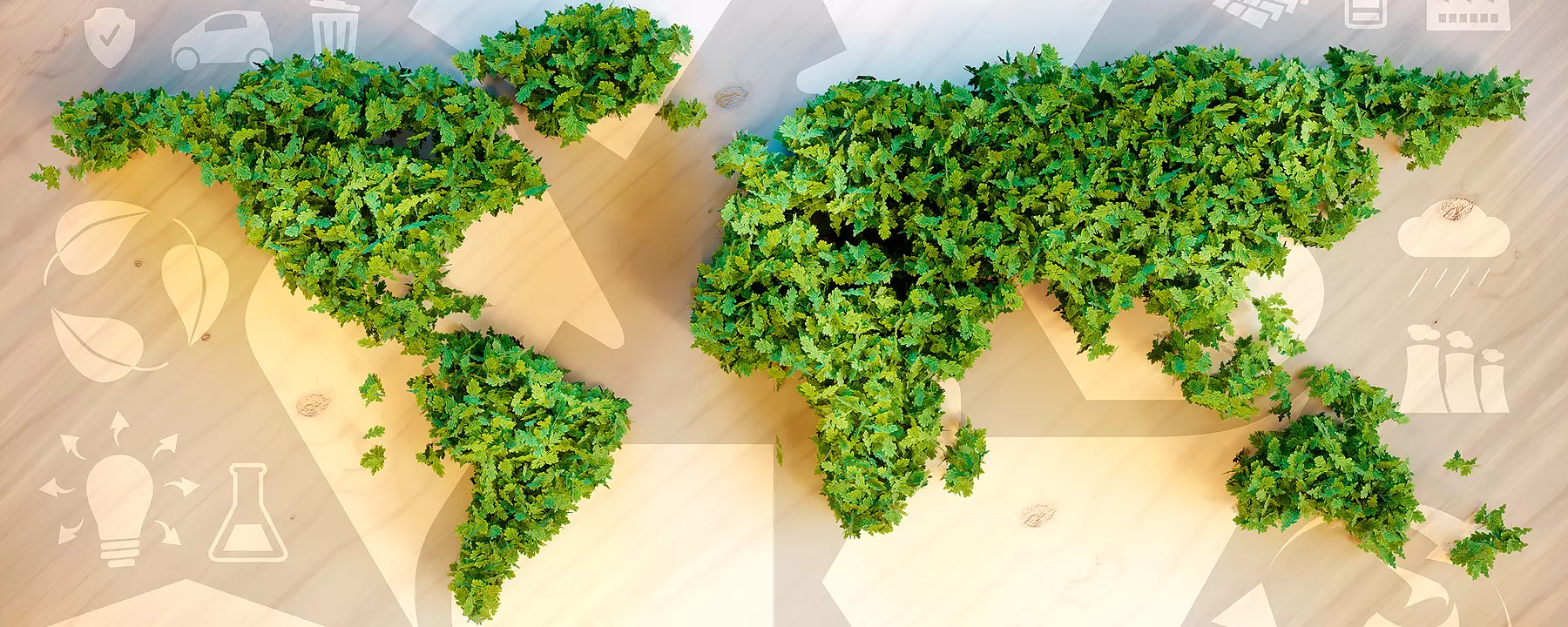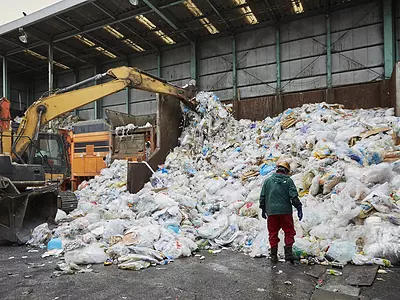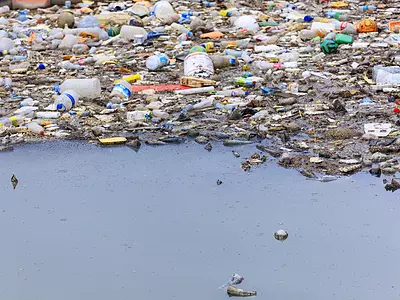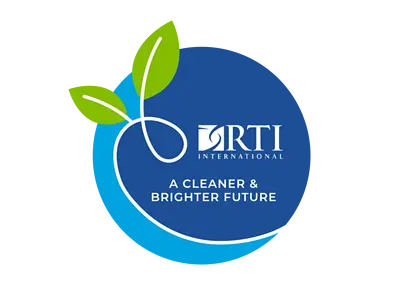Achieving sustainable solutions for materials and waste management
Annually, the US and world population generates billions of tons of non-hazardous and hazardous waste, industrial by-products, and other types of materials that have the potential to be recycled or beneficially reused. Together, these materials vary enormously in quantity, composition, and degree of hazard, and are generated worldwide within myriad settings encompassing different infrastructure, policies and regulations, economies, and societal or community priorities and values. The effective and sustainable management of waste and other materials involves collaboration across a range of government levels - including national, regional, state, tribal, and local levels - communities, and private sectors. Decisions about management strategies, technologies, and infrastructure must balance a complex array of factors related to natural resources, human and environmental health, societal impacts, and economics.
Strategies for effective waste and materials management must factor in the differences in collection and management infrastructure, regulatory requirements, economies, and societal values, and recognize that the specific challenges may vary among different locations. For example, a strategy in a developed country with extensive management infrastructure and regulation may look quite different than a strategy in a developing economy where basic collection and management infrastructure and institutional capacity are limited. In the former, routine management activities may be well managed, and environmental agencies more focused on devising sustainable solutions that prioritize reuse and recycling (when allowed by regulations) or planning for impacts from unanticipated events such as natural disasters. In the latter, management solutions that divert routine dumping in uncontrolled sites (with a high cost in public health and environmental impacts) may take precedence. No single management solution will suit both scenarios, not to mention countless others.
RTI scientists work with our clients to customize solutions that align with their mission and priorities. We provide services such as life-cycle assessment, human health and environmental exposure and risk assessment, climate vulnerability and resiliency assessment, emission inventories and greenhouse gas emissions reporting, regulatory and economic impact analyses, and social impact assessments to help create effective, sustainable solutions tailored to the specific settings and needs of our clients.
Why RTI for waste management solutions?
For more than 30 years, we have assisted the U.S. EPA, states, tribes, and communities throughout the world by conducting research and assessments to identify and implement sustainable materials management solutions that are consistent with EPA’s materials and waste management hierarchy: source reduction & reuse, recycling & composting, energy recovery, followed by treatment & disposal . Our long-standing collaborations have led to the development of computer-based decision support tools, models, and modeling frameworks ensuring safe and effective management of hazardous and municipal solid wastes, support of EPA’s Sustainable Materials Management initiatives, and the U.S. Waste Sector Greenhouse Gas Emissions Inventory and Report Program efforts. We also work with the U.S. EPA and other clients to assess beneficial reuse of large-volume non-hazardous industrial (coal combustion residuals [CCRs]) and domestic (e.g., biosolids) waste streams, to manage risks associated with emerging contaminants (e.g., PFAS), to evaluate state-of-the-science treatment technologies, and to conduct research for special waste streams including plastics, construction and demolition waste, electronics, solar panels , food waste and nanomaterials.
Related Projects
Addressing the Complexities of the Medical Waste Crisis through Global Recycling
Read More about Addressing the Complexities of the Medical Waste Crisis through Global Recycling













